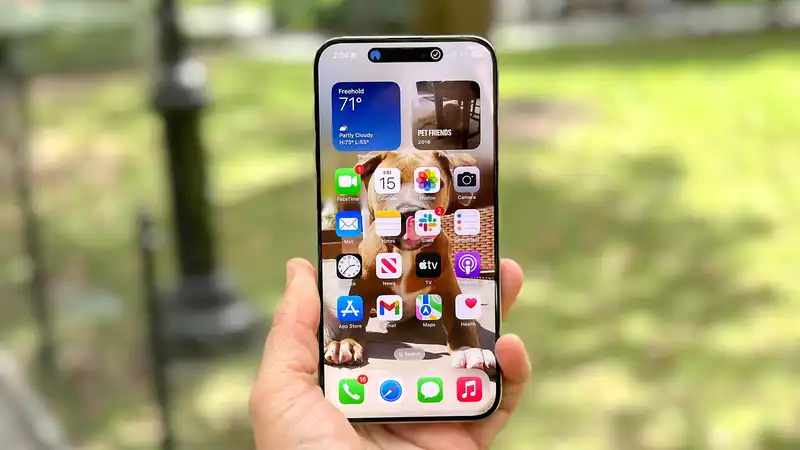In anticipation of the iPhone 16 launch later this week, Apple has released iOS 18 iOS 18 includes updates to popular apps like Notes, Calendar, and Maps, new personalization tools, and welcome privacy improvements
Even if you continue to use an older iPhone, you may want to download and install the latest version of iOS
Even if you continue to use an older iPhone, you may want to download and install the latest version of iOS, as it contains fixes for dangerous security flaws that could be used by hackers in their attacks
As reported by SecurityWeek, iOS 18 includes patches for at least 33 different vulnerabilities Many of them affect even the best iPhone core components, from Bluetooth to Control Center If exploited, they could be used to gain unauthorized access to data stored on an iPhone or even to completely take over a vulnerable device
Here is everything you need to know about all the new security fixes in iOS 18 and tips and tricks on how to keep your Apple device safe from hackers
In a new security bulletin, Apple revealed all the vulnerabilities fixed in iOS 18 Since there are so many of them, here are the most serious ones and how hackers can exploit them in their attacks
Four of the 33 flaws relate to the iPhone's accessibility features The first flaw (tracked as CVE-2024-40840) could allow an attacker with physical access to an iPhone or iPad to use Siri to access sensitive user data Similarly, another accessibility flaw (tracked as CVE-2024-44171) could be exploited by an attacker with a locked iPhone to gain control of nearby devices
For Bluetooth, another flaw (tracked as CVE-2024-44124) could be exploited to allow a malicious Bluetooth input device (like one of the best wireless keyboards) to bypass pairing requirements
If you are using one of the best iPhone VPN services, a kernel flaw (tracked as CVE-2024-44165) defeats the point of using a VPN in the first place to protect your online privacy VPN could lead to network traffic leaking outside the tunnel Meanwhile, another flaw in iOS Mail accounts (tracked as CVE-2024-40791) could allow apps to access information about users' contacts
There are also two Siri-related flaws: the first (tracked as CVE-2024-44139 and CVE-2024-44180) could be used by an attacker with physical access to an iPhone to access contacts directly from the lock screen; the second Siri-related flaw (tracked as CVE-2024-44170), if left unpatched, could allow apps to access sensitive user data on the iPhone
There are also two flaws in Webkit, the browser engine used by Safari The first (tracked as CVE-2024-44187) allows malicious web content to be processed, potentially leading to universal cross-site scripting; the second (tracked as CVE-2024-44187) allows malicious sites to access cross origin information could lead to data exfiltration
Finally, the Wi-Fi flaw (tracked as CVE-2024-40856) could be used by hackers to force your iPhone to disconnect from a secure network, potentially exposing you to other attacks
These are just a few of the security flaws fixed in the iOS 18 release For more information, see Apple's security information at the link above
The first and most important thing you can do to keep your iPhone and best MacBook safe from hackers is to install updates as soon as they become available Not every update will have cool new features like Apple Intelligence, but Apple frequently releases fixes for security flaws like the ones mentioned above, so don't skip updates
Waiting to install updates and patches puts yourself and your data at risk because hackers like to target people using older software having to update your iPhone, iPad, or Mac frequently is It may be annoying, but the next time you read about dangerous Mac malware or other threats targeting Apple users, you'll be glad you updated
Because Apple restricts malware scanning of mobile devices, iOS has no equivalent to Android antivirus apps, but Mac antivirus software has a way around this: the Intego Mac Internet Security X9 and Intego Mac Premium Bundle X9 can scan for malware when an iPhone or iPad is connected to a Mac with a USB cable
In the past, Macs were much safer from malware and other threats, but as the Mac has grown in popularity since the release of the first iPhone, hackers have turned their attention to the Mac and focused more resources to target it
Attacks targeting Apple devices, such as spyware and malware, are also quite beneficial to cybercriminals Fortunately, Apple continues to release timely updates to address all cyber threats However, it is up to you to install these updates early to protect yourself from the latest attacks










Comments